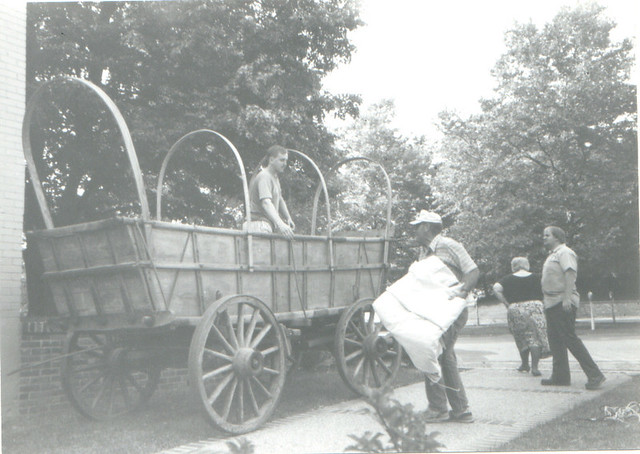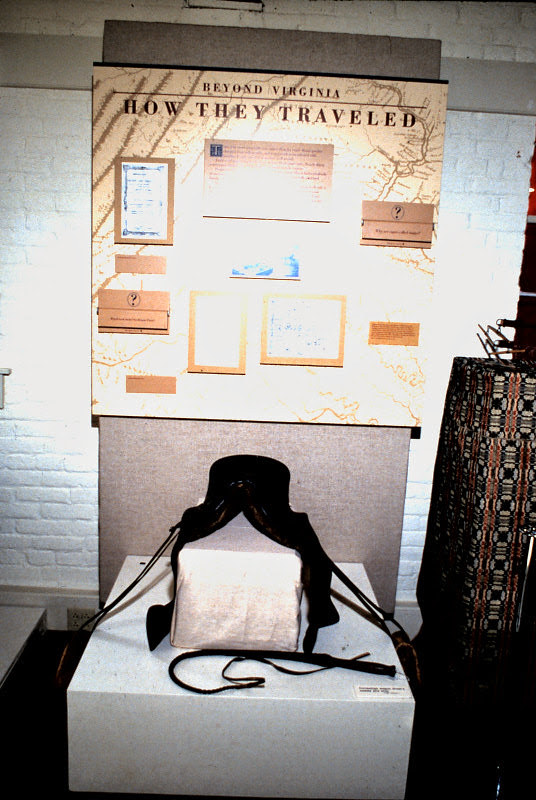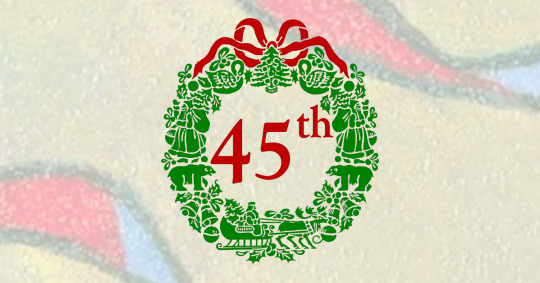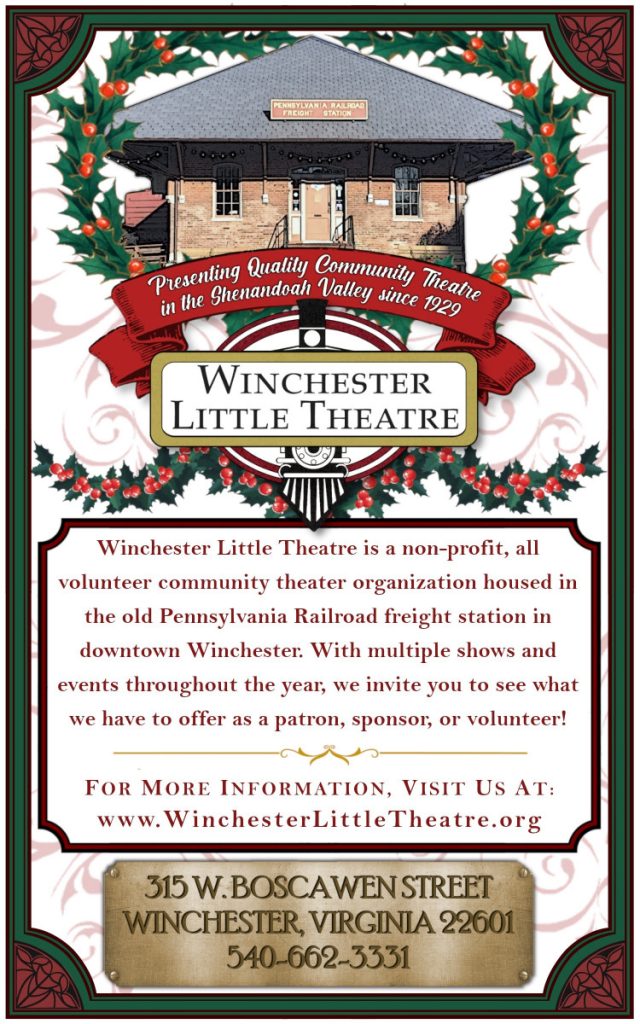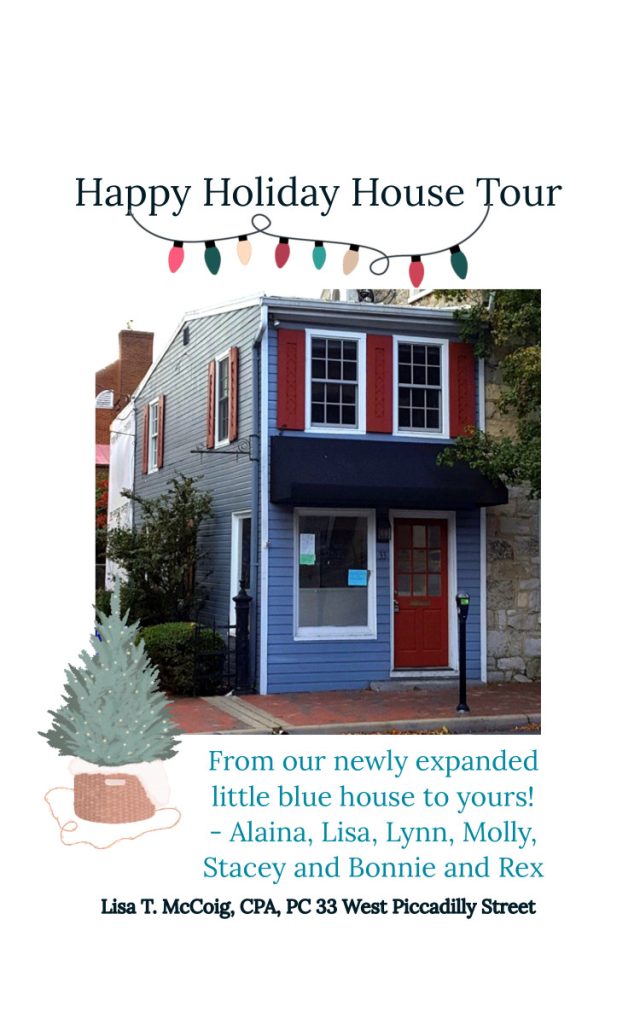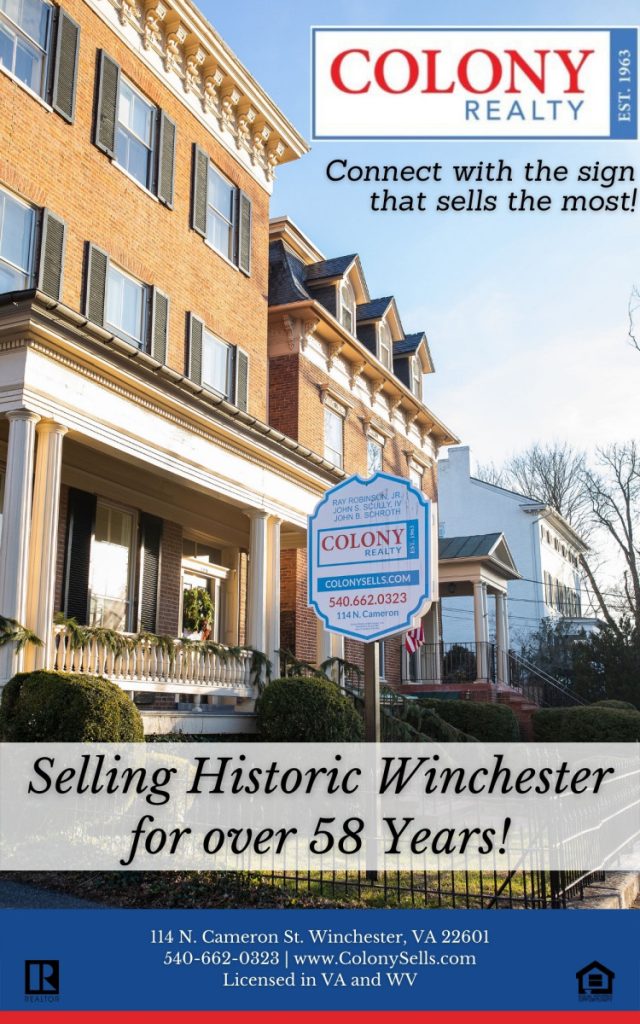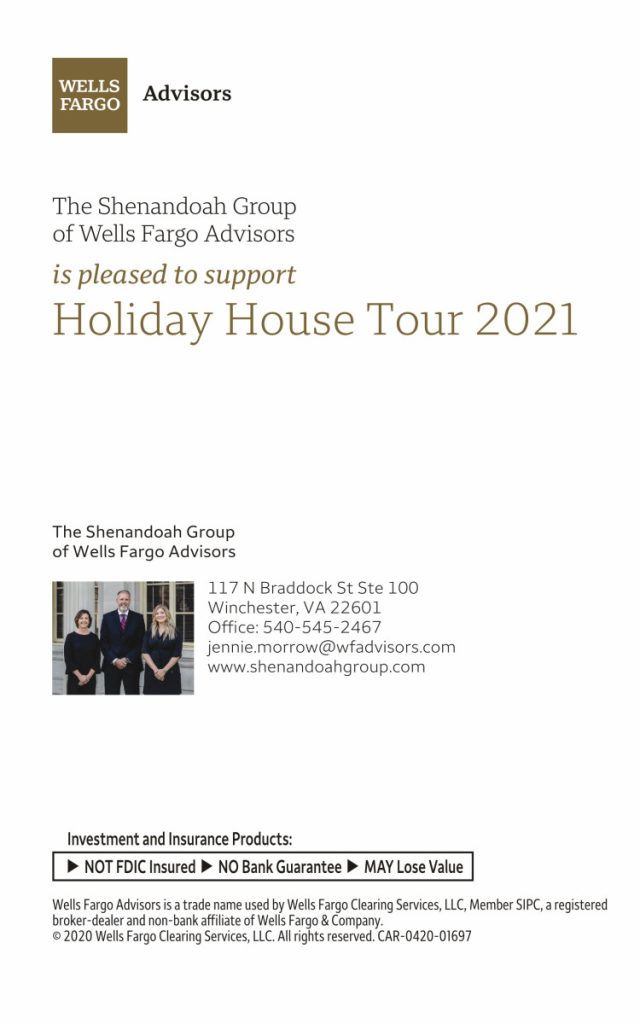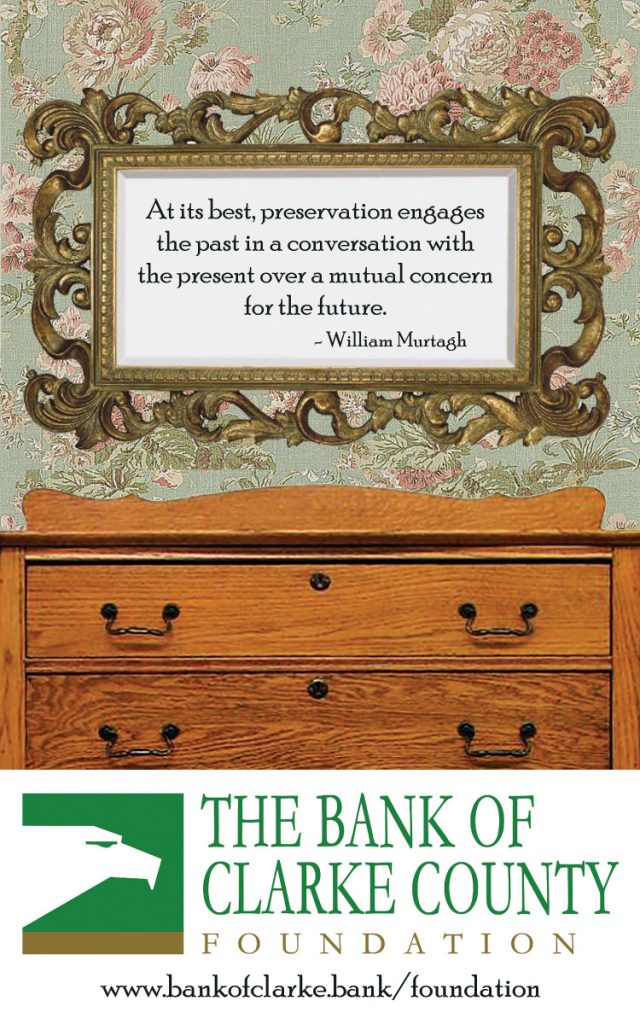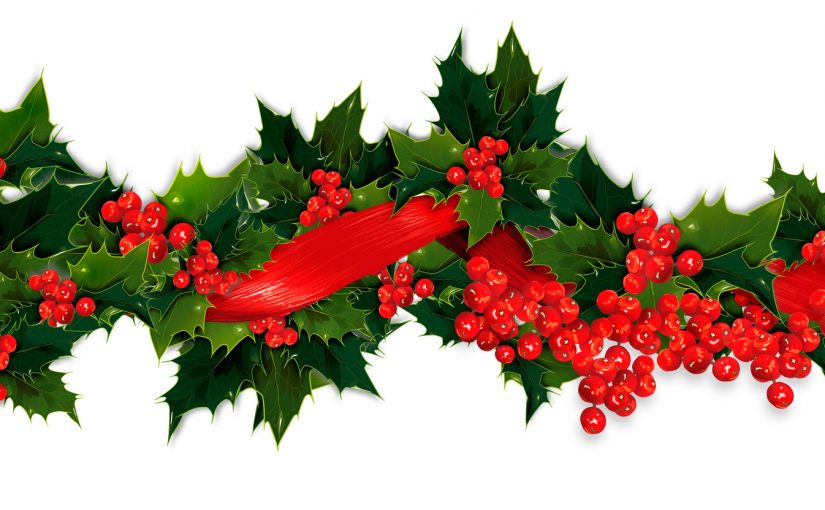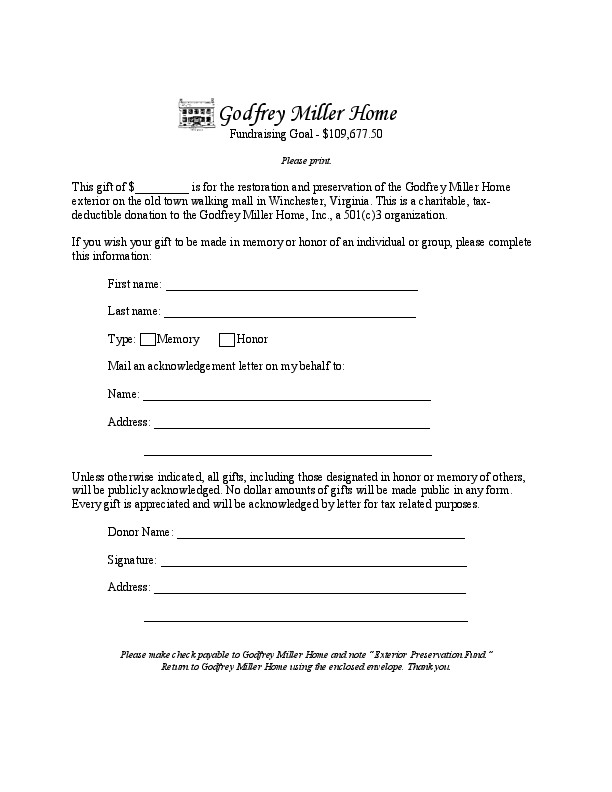The music selection for this installment is “Chester.”
“The commerce of Winchester is carried on with great activity and success with the people of the back countries, who resort here for salt, and a supply of commodities which are manufactured in this town, and give in exchange the produce of their lands, the fruits of their industry and of the chace, consisting chiefly of grains, flax, and hemp, of coarse linens and skins.” — Charles Varle, 1809
Between 1785 and 1815 life in the Lower Shenandoah Valley grew considerably less insular. Along Valley roads new ideas moved along with people and goods. The diverse population created a class system that was possibly less rigid than elsewhere in Virginia. Even as language, religious and cultural beliefs helped to maintain ethnic identity, evidence indicates that assimilation occurred among various groups in this period.
Historian Warren Hofstra identified three integrated areas of commerce the accelerated the growth of Winchester: the migrant, the backcountry, and the market town trade. People traveling south and west along the Valley’s Great Wagon Road stopped in Winchester for provisions. The city became a supply center for backcountry peddlers and merchants and functioned as a wholesale market for Kentucky retailers. At the same time local merchants maintained strong ties with Philadelphia, Baltimore, and Alexandria where they acquired merchandise.
Livestock functioned as both a source of transportation and income for the Valley. Kercheval recalls “Stage coaches travel all our turnpike roads, drawn by the most splendid horses; and most of our substantial farmers rear the finest cattle, sheep, and hogs . . . . Our valley furnishes the several markets with vast quantities of superior beef, pork, mutton, butter, and the finest of breadstuffs.” Cattle, both locally-raised and those shipped to Winchester from western Virginia and Kentucky, were delivered to markets in Philadelphia, Alexandria, Richmond, and Baltimore.
Until the advent of the railroad, wagon drovers and teamsters created the country’s most effective system of commercial transportation. Carrying loads of several tons, wagons rarely traveled more than twenty-five miles per day. A heavy freight wagon pulled by a four to six horse team and sometimes canvas-covered to protect their cargo, Conestogas were used for hauling goods and supplies throughout the Valley and into Pennsylvania, Maryland, Virginia, and west through the Cumberland Gap. Roads were narrow and wagon bells, worn by the horses closest to the wagon, announced the arrival of a wagon and team. (1)
Ferdinand Bayard reported in 1791, “Famous four-wheeled wagons are already being built in Winchester.” Stephensburg or Newtown (Stephens City) soon eclipsed Winchester as a wagon-making center. Newtown wagon makers built a unique form of the Conestoga wagon to carry goods over rough roads and dangerous terrain. For a small town, around a dozen wagon-making establishments were in business there in the early and mid-19th century. In addition, numerous other related trades like saddlers, harness makers, wheelwrights, and blacksmiths contributed to the growth of the town through transportation-related industries.(2)
The late 18th-century consumer revolution offered greater selections to ordinary people in the marketplace. Local artisans and small manufacturers produced an astonishing range of goods for sale in the town’s shops. Account books provide a glimpse of the trade happening in the town. Beatty Carson, mayor of Winchester in 1808 and 1810, employed fifteen to twenty people in his small boot and shoe factory. Godfrey Miller, a stocking weaver by trade, expanded his business into dry goods and apothecary supplies, providing the raw materials for other local artisans like Andrew Pitman, a potter in Stephensburg. Other merchants, like John Conrad, made purchases in Baltimore, Alexandria, Philadelphia, and bought goods from local sources for resale to other merchants and townspeople. Residents such as James Wood, Jr., one of Winchester’s more prominent citizens, ordered goods directly from artisans and storekeepers in the larger East Coast cities. Philadelphia silversmith, Joseph Richardson, made this pair of beakers, now in the collection of the Museum of the Shenandoah Valley.
“The Chancery District west of the Blue Ridge embraces a territory of several hundred miles, from east to west and of greater extent from north to south; including a population equal to one third of the entire population of the State-The rugged and mountainous face of the Country presenting obstacles to easy and rapid intercourse….The people wealthy, enterprising and trading…” –Petition to the Virginia Legislature, December 3, 1811
When Isaac Weld traveled Valley roads in 1796 he met “great numbers of people” searching “for lands conveniently situated for new settlements in the western country.” The quest for cheaper, larger quantities of land in less populated areas lured many local residents over the Appalachians. In the 1790s the new state of Kentucky was dominated by former Virginians. Although the Valley remained a significant source for the nation’s wheat until after the Civil War, the opening of the National Road to the northwest in 1818, which bypassed Winchester, delivered a severe blow to the Valley’s commercial dominance.
Join us next time on December 17 to examine the firearms of the frontier!



